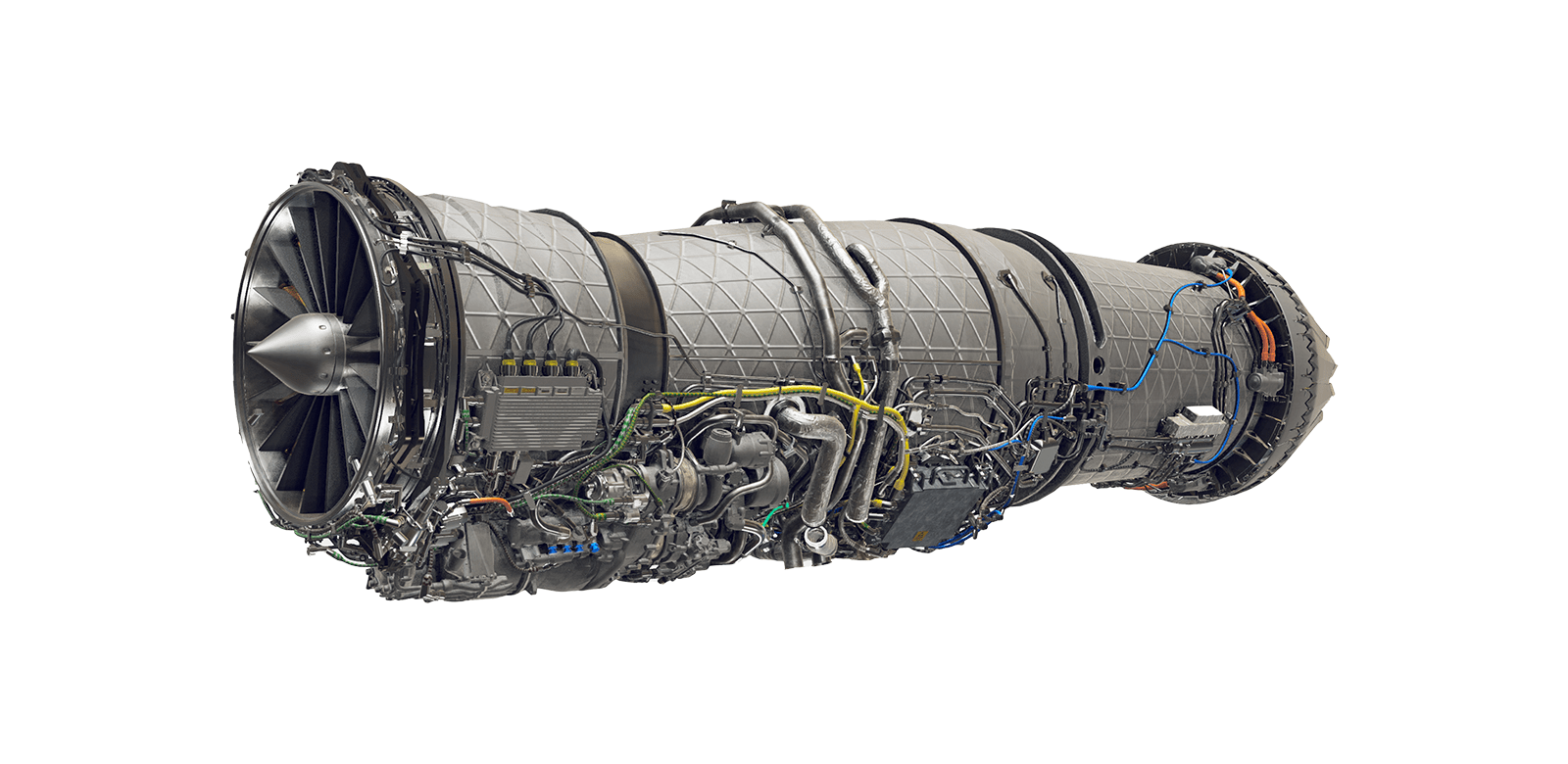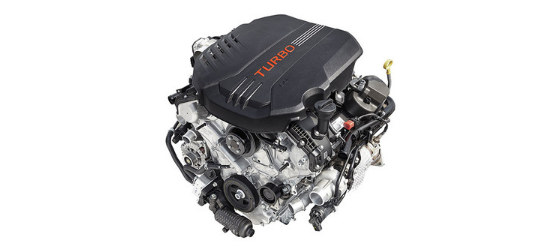The Quest for Ultimate Driving Power: Exploring the Peak of Engine Efficiency and Technological Advancements in the Automotive Industry
In the realm of auto engineering, the search of maximum driving power has been an unrelenting pursuit that has actually unravelled through the evolution of engine design and the combination of cutting-edge modern technologies. From the precise craftsmanship of burning engines to the fast developments in electric propulsion systems, the vehicle field stands at the cusp of a brand-new era defined by extraordinary performance capacities. As engineers and researchers dive deeper into the realms of computational liquid characteristics and explore ingenious fuel innovations, the horizon of possibilities expands exponentially. Keep tuned as we untangle the detailed tapestry of technological breakthroughs that are forming the future of automobile power and efficiency.
Development of Engine Style

Furthermore, the assimilation of turbocharging and supercharging technologies has transformed engine layout by boosting power without dramatically raising engine size. These forced induction systems press the consumption air, permitting more fuel to be ignited, thus producing better power output from a smaller sized engine. This improvement has actually been particularly vital in improving the performance of smaller displacement engines while preserving gas efficiency criteria.

Performance-Enhancing Gas Technologies
The execution of innovative fuel innovations has dramatically contributed to enhancing engine efficiency in modern lorries. Biofuels, acquired from eco-friendly sources like corn, algae, or sugarcane, offer lowered exhausts and improved engine efficiency. In addition, fuel ingredients and detergents are being developed to clean engine parts, maximize combustion, and lower friction, consequently improving total automobile performance.
Innovations in Electric Propulsion
Considerable strides in electric propulsion innovation have revolutionized the auto industry, paving the method for a brand-new period of lasting and effective transport. Electric vehicles (EVs) are acquiring appeal due to their ecological advantages and innovations in battery innovation, making it possible for longer driving varieties and shorter billing times. Suppliers are investing heavily in study and development to boost the performance of electric propulsion systems, concentrating on boosting power result, improving energy effectiveness, and minimizing total weight.
One noteworthy advancement in electrical propulsion is the development of advanced electrical motors that supply higher torque and power density, resulting in boosted velocity and general driving performance. Additionally, regenerative braking systems have been fine-tuned to record and store energy during slowdown, more increasing the effectiveness of EVs.
In addition, the combination of smart innovations, such as expert system and anticipating analytics, is maximizing the monitoring of electrical propulsion systems, ensuring ideal efficiency under numerous driving problems. These developments in electric propulsion are improving the automotive landscape, driving the industry towards a more lasting and electrified future.
Effect of Computational Liquid Dynamics
With improvements in electric propulsion pressing the boundaries of automobile modern technology, the combination of Computational Liquid Characteristics is playing an essential duty in maximizing aerodynamic performance and boosting overall performance in car style. Computational Fluid Dynamics (CFD) involves the usage of computer simulations to assess the flow of air around a vehicle, making it possible for engineers to forecast exactly how design adjustments will certainly impact the rules of aerodynamics without the demand for expensive physical prototypes. By accurately modeling air flow patterns, CFD permits the improvement of vehicle forms to minimize drag, enhance cooling, and enhance stability.
CFD allows engineers to optimize airflow around elements such as radiators, engine bays, and wheel wells, adding to improved efficiency and total driving experience. In final thought, the combination of Computational Liquid Dynamics stands for a significant step onward in the quest for supreme driving power and effectiveness in the vehicle sector.
Future Fads in Engine Technology
In the dynamic landscape of automotive engineering, sophisticated advancements are forming the future trajectory of engine development. Recommended Reading The future of engine style is marked by a strong focus on performance, performance, and sustainability. Manufacturers are progressively concentrating on developing engines that not only provide high power outputs yet additionally focus on ecological responsibility by minimizing discharges and improving fuel efficiency.
One popular trend in engine advancement is the surge of electrification. Hybrid and electrical powertrains are obtaining traction as practical choices to traditional burning engines. These innovations use the potential for significant decreases in carbon emissions and enhanced power effectiveness, straightening with global initiatives to battle climate adjustment.
In addition, innovations in materials scientific research and manufacturing strategies important link are enabling the production of lighter and much more resilient engine elements. This shift in the direction of lightweight materials such as carbon fiber and light weight aluminum alloys contributes to improved efficiency and fuel economy.
Final Thought
Finally, the search of ultimate driving power in the vehicle sector continues to drive improvements in engine design, gas innovations, electric propulsion, and computational liquid characteristics. The evolution of these innovations is shaping the future of engine technology, paving the way for extra efficient and powerful cars (engines for africa). As the industry continues to push the boundaries of what is feasible, we can anticipate to see a lot more groundbreaking growths in the pursuit for peak performance
One of the essential turning points in engine layout evolution is the transition from traditional carbureted engines to contemporary fuel-injected systems. By precisely metering the fuel delivery to each cylinder, fuel-injected engines enhance combustion, resulting in much better efficiency and reduced ecological impact.
Moreover, the combination of turbocharging and supercharging innovations has transformed engine design by increasing power without substantially increasing engine dimension (engines for africa).The implementation of sophisticated fuel technologies has substantially contributed to boosting engine efficiency in modern-day cars. Additionally, gas additives and hop over to these guys cleaning agents are being created to tidy engine elements, enhance burning, and minimize friction, therefore increasing overall vehicle performance